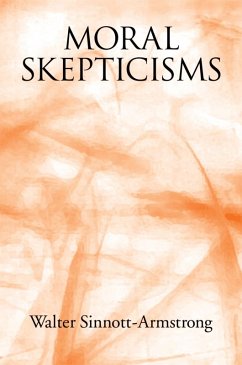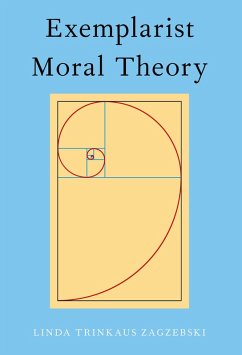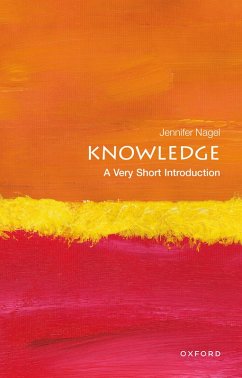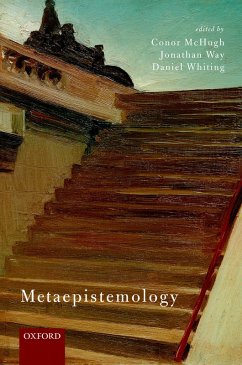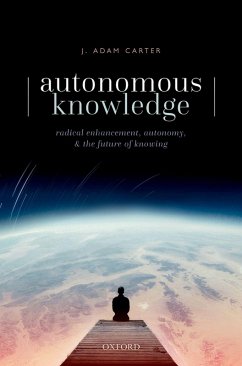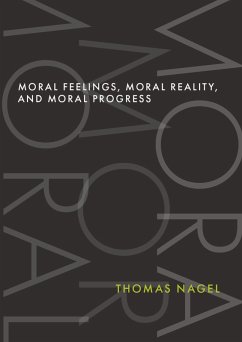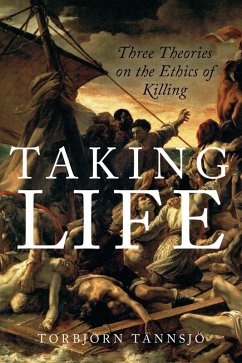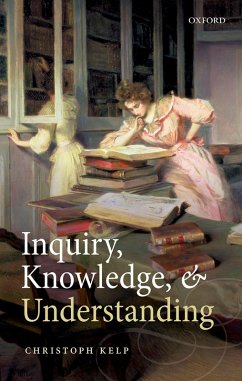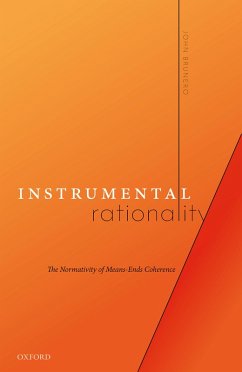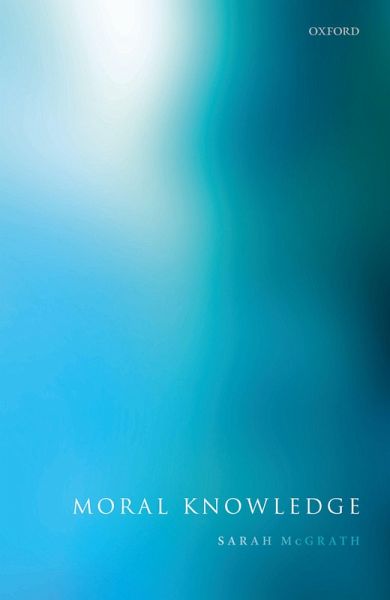
Moral Knowledge (eBook, ePUB)
Versandkostenfrei!
Sofort per Download lieferbar
31,95 €
inkl. MwSt.
Weitere Ausgaben:

PAYBACK Punkte
16 °P sammeln!
Compared to other kinds of knowledge, how fragile is our knowledge of morality? Does knowledge of the difference between right and wrong fundamentally differ from knowledge of other kinds, in that it cannot be forgotten? What makes reliable evidence in fundamental moral convictions? And what are the associated problems of using testimony as a source of moral knowledge? Sarah McGrath provides novel answers to these questions and many others, as she investigates the possibilities, sources, and characteristic vulnerabilities of moral knowledge. She also considers whether there is anything wrong w...
Compared to other kinds of knowledge, how fragile is our knowledge of morality? Does knowledge of the difference between right and wrong fundamentally differ from knowledge of other kinds, in that it cannot be forgotten? What makes reliable evidence in fundamental moral convictions? And what are the associated problems of using testimony as a source of moral knowledge? Sarah McGrath provides novel answers to these questions and many others, as she investigates the possibilities, sources, and characteristic vulnerabilities of moral knowledge. She also considers whether there is anything wrong with simply outsourcing moral questions to a moral expert and evaluates the strengths and weaknesses of the method of equilibrium as an account of how we make up our mind about moral questions. Ultimately, McGrath concludes that moral knowledge can be acquired in any of the ways in which we acquire ordinary empirical knowledge. Our efforts to acquire and preserve such knowledge, she argues, are subject to frustration in all of the same ways that our efforts to acquire and preserve ordinary empirical knowledge are.
Dieser Download kann aus rechtlichen Gründen nur mit Rechnungsadresse in A, B, BG, CY, CZ, D, DK, EW, E, FIN, F, GR, HR, H, IRL, I, LT, L, LR, M, NL, PL, P, R, S, SLO, SK ausgeliefert werden.




